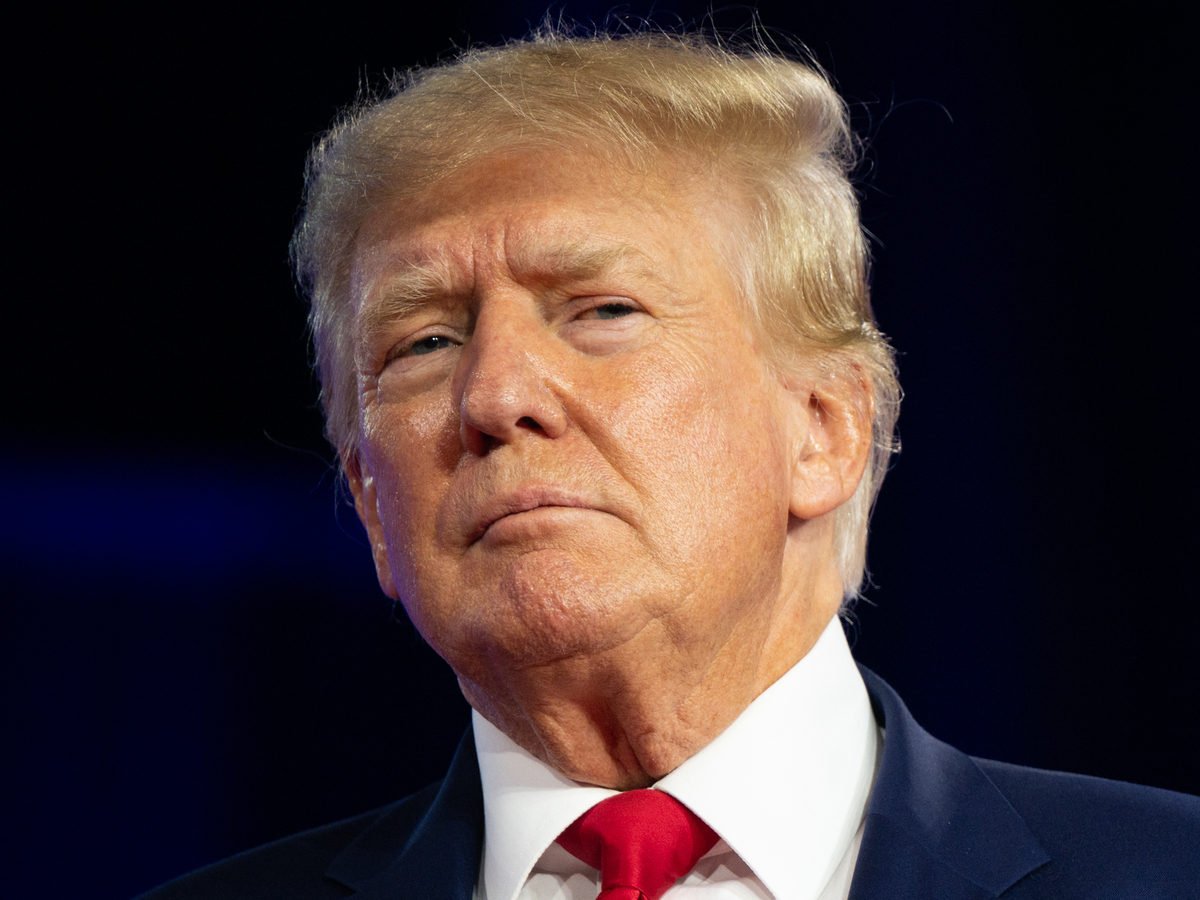
Former President Donald Trump speaks at the Conservative Political Action Conference in Texas in 2022. Brandon Bell/Getty Images hide caption

Former President Donald Trump speaks at the Conservative Political Action Conference in Texas in 2022.
Brandon Bell/Getty ImagesIf Donald Trump is elected next November, he's promising to use the power of the presidency to go after political enemies and perceived rivals.
In a recent interview with Fox's Sean Hannity, the former President said he'd only be a dictator on "day one." At other moments, he's pledged to "root out the communists," and said he'd have his Attorney General go after people who run against him.
Consider This host Scott Detrow and NPR Justice Correspondent Carrie Johnson breakdown what a second Trump term would mean for the Justice Department.
Email us at
This episode was produced by Brianna Scott and edited by Krishnadev Calamur. Our executive producer is Sami Yenigun.

 Live Radio
Live Radio